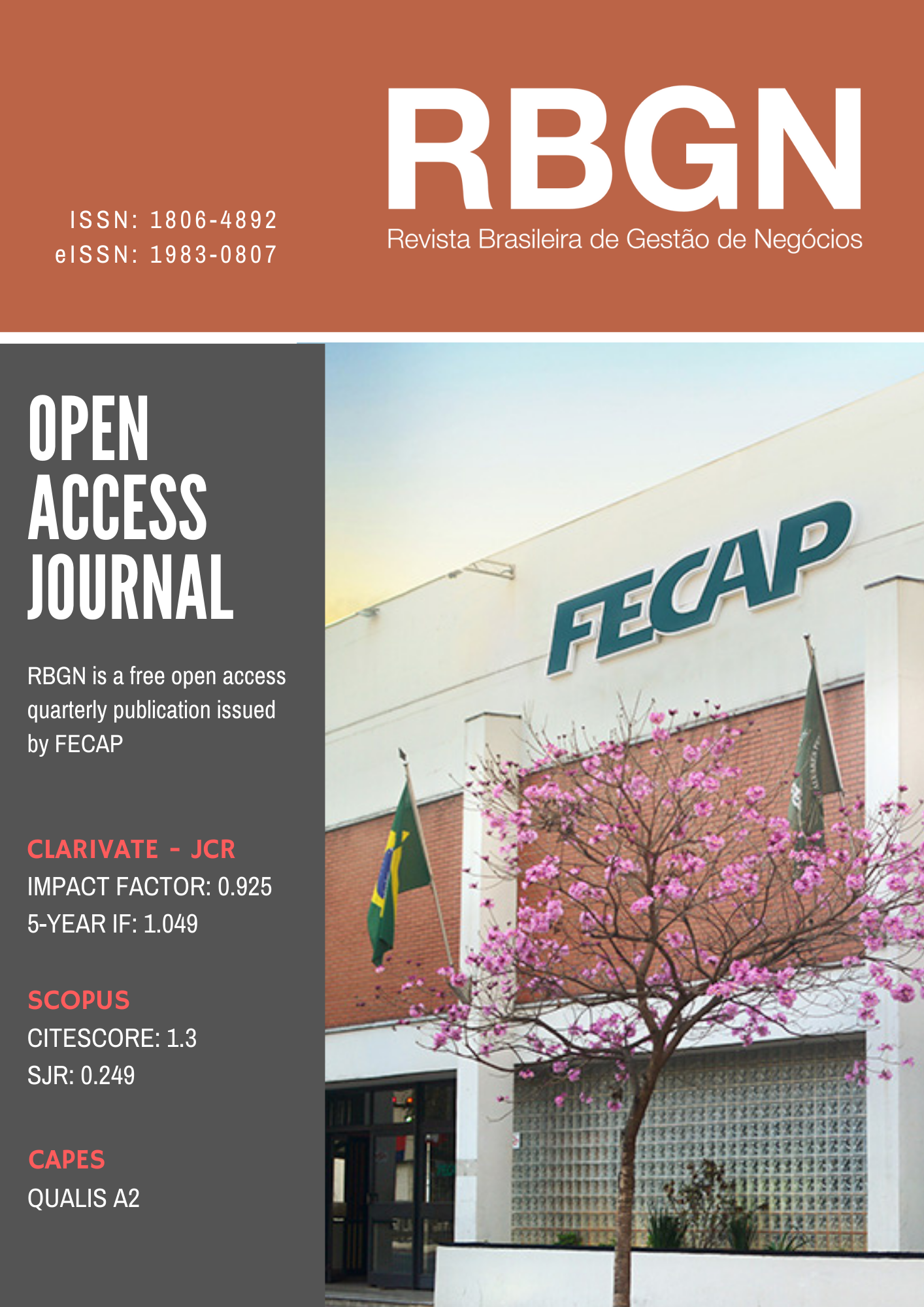Resumen
Purpose – Building upon the relevance of emotional intelligence (EI) in predicting individual performance at work, this research paper examines the links between trait EI facets, co-worker trust, and task performance in a software engineering job.
Theoretical framework – Specifically, it draws upon the Joseph and Newman (2010) cascading model to hypothesize that trait EI facets impact on task performance in a sequential way. It also empirically tests the mediating effect of co-worker trust on the link between emotion regulation and task performance.
Design/methodology/approach – This study follows a predictive design with two data collection phases. In the first phase EI facets and co-worker trust were self-rated by the participants. The second phase was implemented after six months to collect the employees’ task performance ratings from direct supervisors. A final sample was obtained of 102 employees, all of whom were project software engineers.
Findings – The results from structural equation modelling provided support for the expected sequential effect between the EI facets under study (from appraisal of others’ and one’s own emotions to emotion regulation). They further showed that the effect of emotion regulation on task performance is fully indirect and occurs via co-worker trust.
Research Practical & Social implications – Managers should build and develop a workforce of individuals with high trait EI, since they are more able to achieve stronger levels of task performance by developing feelings of trust towards their co-workers.
Originality/value – To the best of our knowledge, this is the first study to focus on the interplay between trait EI facets and co-worker trust in determining task performance at work.
Una vez aprobada la publicación del artículo, el/los autor/es cede/n los derechos de copyright a la Revista Brasileira de Gestão de Negócios – RBGN.
Es OBLIGATORIO que los autores envíen a la RBGN el formulario de Cesión de Derechos de Autor debidamente cumplimentado y firmado según el modelo: [Derechos de autor]
Las condiciones de la Cesión de Derechos de Autor indican que la Revista Brasileira de Gestão de Negócios – RBGN goza a título gratuito y en carácter definitivo de los derechos de autor patrimoniales de los artículos publicados por ella. A pesar de la Cesión de los Derechos de Autor, la RBGN faculta a los autores al uso de estos derechos sin restricciones.
Los autores se responsabilizan de los textos publicados en la RBGN.
La RBGN adopta el modelo de licencia CC-BY Creative Commons Attribution 4.0, permitiendo la redistribución y reutilización de los artículos garantizando que la autoría esté debidamente acreditada.


